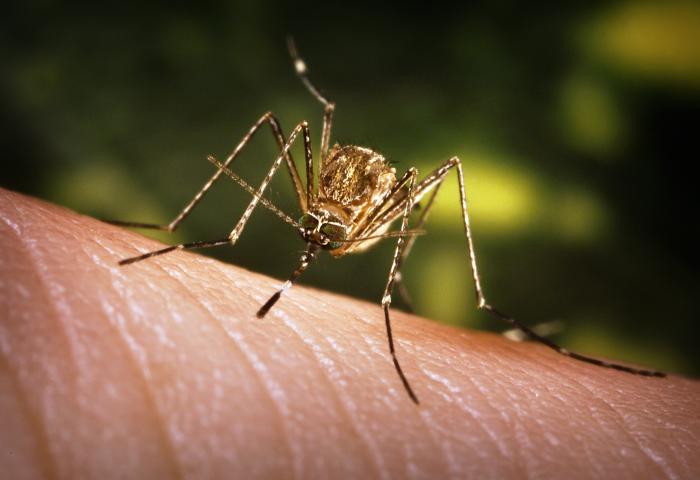Japanese encephalitis infection spread fear again in India. Japanese encephalitis has started spreading across Assam. The disease has already claimed 44 lives in the state. It is believed that the outbreak of Japanese encephalitis in Assam has started to increase after the severe flood situation in that state.
In the last 26 days, 274 people in Assam have been infected with Japanese encephalitis. According to the report of the state wing of the National Health Mission of Assam, 8 more people have been infected with the disease in the last 24 hours. Several districts of Assam – including Golaghat, Jorhat, Majuli, Sibsagar, Charideo, Dibrugarh, Lakhimpur, Nagaon, Hojai, Morigaon, Barpeta, Nalbari, Baksa, Chirang and Udalguri – have reported cases of Japanese encephalitis.
To prevent this situation, the state wing of the National Health Mission of Assam has issued strict guidelines. Health workers are running a massive awareness campaign against the disease across the state.
Incidentally, in 2021, 660 people died in Assam due to Japanese encephalitis. In 2015, 135 people died in Assam due to Japanese encephalitis. In 2016, 96 people died of Japanese encephalitis in Assam. 87 people died in 2017. 94 people in 2018. 161 people died in 2019. After all, since the floods, Japanese encephalitis has again started to spread terror across Assam.
What is Japanese encephalitis?
Japanese encephalitis is a virus spread by the bite of infected mosquitoes. It’s more common in rural and agricultural areas.
Most cases are mild. Rarely, it causes serious brain swelling with a sudden headache, high fever and disorientation.
Treatment involves supportive care. A vaccine is also available.
How to prevent Japanese encephalitis?
Japanese encephalitis virus is spread to people through the bite of an infected mosquito. Mosquitoes bite during the day and night. The best way to prevent Japanese encephalitis virus infection is to protect yourself from mosquito bites. Use insect repellent, wear long-sleeved shirts and pants, treat clothing and gear, and get vaccinated before traveling, if vaccination is recommended.
